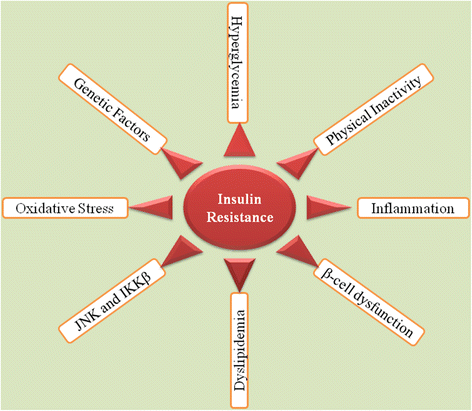Alpha
Member
- Joined
- Nov 16, 2018
- Messages
- 236
Hello,
Without quoting specific papers or studies unless requested, it's been very obvious to me that sucrose, which is one part glucose, one part fructose, is the main source of metabolic syndrome, which in turn is the umbrella condition that leads to the other more commonly known diseases such as Atherosclerosis Cardiovascular Disease (ASCVD), Dementia, Diabates, Obesity, Stroke, and Renal disease. These diseases contribute to 25% of worldwide annual deaths, which for all intent and purposes, are almost entirely preventable. I have not included cancer, which is about 15% of total deaths on its own, to sugar given the highly complex and number of pathophysiologies involved to attribute it to one single factor, although I am happy to entertain the idea that it can be significantly reduced, or alternatively is highly predictable through sucrose consumption.
Table sugar, or added sugars are the main component of total sugars consumed by the average person in their diet, although high fructose corn syrup (HFCS), although banned or scarce in most of the developed world, is still being used widely in the US or East Asia, also falls under that category since they are essentially metabolically equivalent in the human body.
This is a thread to discuss and post resources regarding the most convincing, or the latest scientific research regarding sucrose, or fructose consumption.
Without quoting specific papers or studies unless requested, it's been very obvious to me that sucrose, which is one part glucose, one part fructose, is the main source of metabolic syndrome, which in turn is the umbrella condition that leads to the other more commonly known diseases such as Atherosclerosis Cardiovascular Disease (ASCVD), Dementia, Diabates, Obesity, Stroke, and Renal disease. These diseases contribute to 25% of worldwide annual deaths, which for all intent and purposes, are almost entirely preventable. I have not included cancer, which is about 15% of total deaths on its own, to sugar given the highly complex and number of pathophysiologies involved to attribute it to one single factor, although I am happy to entertain the idea that it can be significantly reduced, or alternatively is highly predictable through sucrose consumption.
Table sugar, or added sugars are the main component of total sugars consumed by the average person in their diet, although high fructose corn syrup (HFCS), although banned or scarce in most of the developed world, is still being used widely in the US or East Asia, also falls under that category since they are essentially metabolically equivalent in the human body.
This is a thread to discuss and post resources regarding the most convincing, or the latest scientific research regarding sucrose, or fructose consumption.


